Montreal, October 21, 2013 – Last Saturday, CTV’s news magazine W5 aired “Behind the Barn Door”, a report which revealed shocking images from a hidden-camera investigation inside one of Alberta’s largest egg farms. This facility supplies eggs to Burnbrae Farms, which is McDonald’s Canada’s exclusive egg provider. The investigation was undertaken by Mercy for Animals Canada and documents the cruel reality of how egg-laying hens are raised in factory farms across Canada. The footage shows practices that, despite being inhumane, are currently legal and standard in Canada, including the confinement of thousands of hens in battery cages that deprive them of basic freedom of movement for their entire lives. To view the W5 report, click here.
“As difficult as the images filmed during the undercover investigation are to watch, consumers need to understand how their choices in purchasing can directly affect the lives of animals” said Sophie Gaillard, Lawyer and Campaigns Manager for the Montreal SPCA’s Animal Advocacy Department. “We fully support the efforts of Mercy for Animals Canada in exposing the inherent cruelty behind factory farmed eggs and the use of battery cages”.
Over 95% of Canada’s 26 million egg-producing hens are housed in wire cages stacked one on top of the other, known as battery cages. An extensive body of scientific research documents the serious welfare concerns that arise from the use of battery cages. These cages cause a number of health problems, including osteoporosis and associated bone frailty due to lack of exercise, as well as injury to feet and legs from the wire flooring. Space restrictions – each hen is crammed into a space about the size of a filing cabinet drawer – prevent hens from adopting certain natural postures and engaging in comfort behaviours such as stretching, wing flapping, and preening. Experts agree, however, that the cruelest aspect of battery cages is the severe psychological and behavioral distress that they cause by preventing birds from engaging in natural behaviours, such as nesting, perching, foraging, exploring their environment, and dustbathing.
In addition to restricting natural behaviour, the lack of space in battery cages increases the risk of aggressive behaviour and even cannibalism. The industry’s solution to this problem is to amputate – without any anesthesia or pain control – the highly innervated tip of the birds’ beaks with a hot blade. In addition to causing chronic pain and depriving hens of the ability to preen, this procedure, known as “debeaking”, disrupts social behaviour. Thus hens are in a chronic state of social stress, perpetually trying to get away from their cagemates, and unable to express dominance relations or to resolve social conflict. For more details about the horrors of battery cages and the investigation undertaken by Mercy for Animals Canada, click here.
Critics of the battery cage system are numerous and prominent poultry scientists consider it to be one of the most inhumane practices in factory farming. In fact, battery cages are considered so cruel that they have been banned by Switzerland, New Zealand, the entire European Union, and the states of California and Michigan.
Please stand with the Montreal SPCA, Mercy for Animals Canada, Humane Society International Canada, and other animal protection organizations across the country to stop the use of battery cages and other cruel practices egg-laying hens are forced to endure. Here are ways you can make a difference now:
- Ask McDonald’s Canada to stop supporting this blatant cruelty to animals by signing Mercy for Animals Canada’s petition.
- Refuse to purchase eggs produced in battery cages by purchasing only free-range, free-run, or certified organic eggs, or by refraining from buying eggs altogether. Have a look at Humane Society International Canada’s guide to egg labels to make sure you know where your eggs come from. By making this simple change, you can send the egg industry a clear and powerful message that battery cages have no future in Canada.
- Educate friends and family about the cruelty behind the Canadian egg industry by sharing Mercy for Animals Canada’s undercover investigation on social media.
- Encourage your school, institution, or business to go cage-free. In Vancouver, there are already more than 80 restaurants exclusively serving free range eggs, and 14 in Victoria, with the list growing daily. Dozens of schools, including some of Canada’s top universities, such as McGill, Concordia, Ryerson, Simon Fraser, Victoria and Guelph, have adopted cage-free egg purchasing policies. Visit Humane Society International Canada’s website for more information.
Thank you for helping hens and contributing to put an end to the use of battery cages in Canada!
For more information on this subject, here are some helpful links:
- http://www.eggmcmisery.ca/
- www.hsi.org/world/canada/work/intensive-confinement/facts/no_battery_eggs.html
- http://www.chickenout.ca/
- http://www.chooseveg.com/animals
– 30 –
Media Contact: Me Sophie Gaillard, 514-735-2711 ext 2248, or sgaillard@spcamontreal.com
About the SPCA: The Canadian Society for the Prevention of Cruelty to Animals was the first humane society in Canada, founded in Montreal in 1869. Guided by the humane ethic, it is the mission of the SPCA to:
- protect animals against negligence, abuse, and exploitation;
- represent their interests and ensure their well-being;
- raise public awareness and help develop compassion for all living beings.
Our role is to prevent cruelty to animals through a number of actions that benefit animals and humans. Visit our web site at www.spca.com







